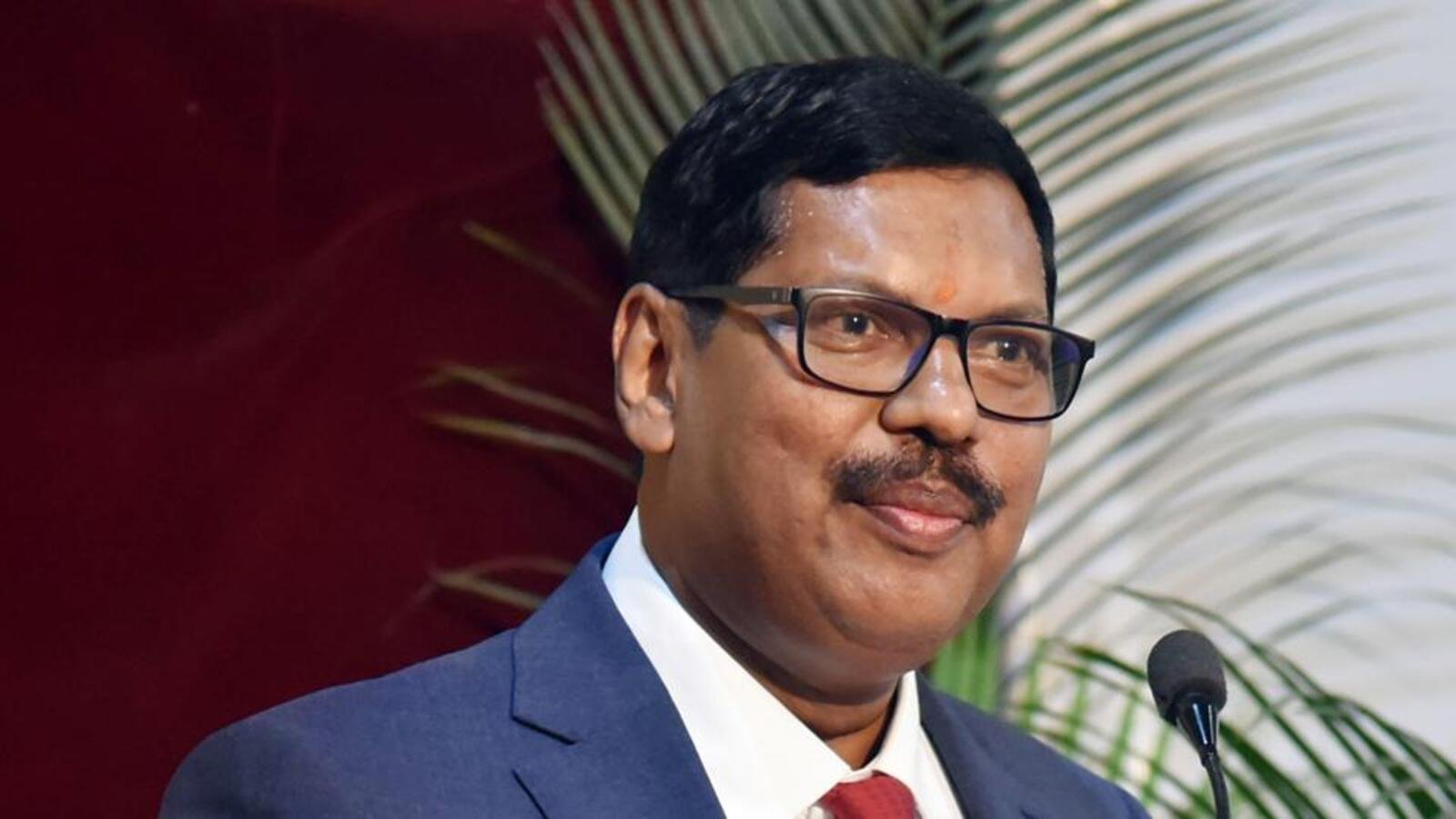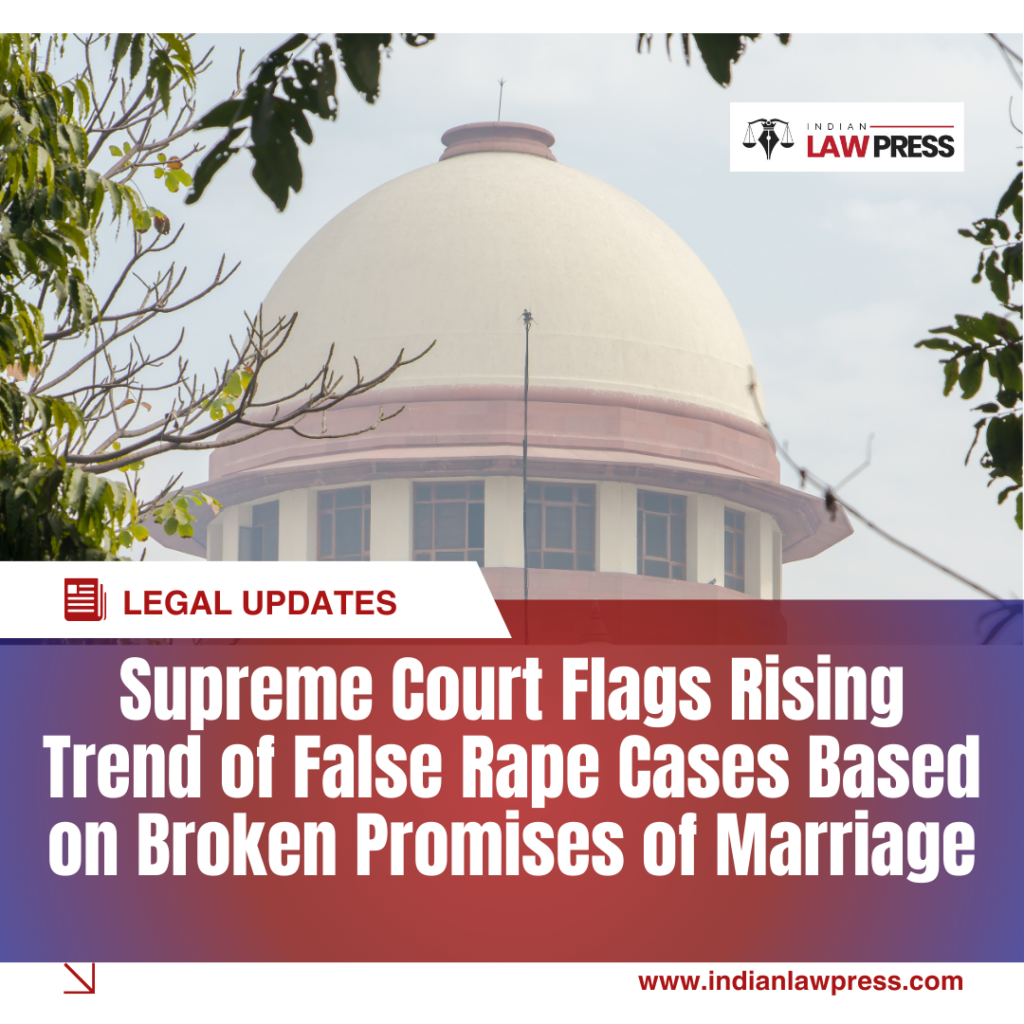Chief Justice of India BR Gavai emphasized the constitutional supremacy in India’s democracy, highlighting the importance of the Basic Structure Doctrine and reflecting on his personal journey during a felicitation event in Mumbai.
In a powerful reaffirmation of India’s democratic values, Chief Justice of India (CJI) Dhananjaya Y. Chandrachud—currently represented by Justice BR Gavai, the 52nd Chief Justice—stated that the true supremacy in India lies not with the judiciary, executive, or legislature, but with the Constitution itself.
Speaking at a felicitation ceremony organized by the Bar Council of Maharashtra and Goa in Dadar, Mumbai, on Sunday, CJI Gavai addressed a longstanding debate on institutional hierarchy. He firmly asserted that all three pillars of democracy—judiciary, executive, and Parliament—are constitutionally bound and must function within their defined frameworks.
“When recently asked whether the judiciary or executive holds supremacy, I replied that neither does. It is the Constitution of India that stands supreme, and all three branches must adhere to its mandates,” he remarked.
The Role of the Basic Structure Doctrine
CJI Gavai emphasized the continued strength of India’s democracy, attributing its resilience to the Basic Structure Doctrine, established by the historic Kesavananda Bharati judgment in 1973. This doctrine asserts that certain fundamental features of the Constitution cannot be altered, even by Parliament.
“India is strong because of the Basic Structure Doctrine. All three constitutional pillars strive to function within their assigned roles, working collectively towards achieving social and economic justice,” he noted.
A Personal Reflection on Constitutional Values
Justice Gavai, who hails from Maharashtra, assumed office as the 52nd Chief Justice of India on May 14. During his speech, he reflected on the influential role of his father, R. S. Gavai, a respected political leader and social reformer, in shaping his understanding of constitutional values and societal equity.
He also recounted his journey before being elevated to the Supreme Court in 2019 under the Scheduled Caste/Scheduled Tribe (SC/ST) quota. Gavai sought guidance from senior colleagues, including Justice Abhay S. Oka and retired Justice S. C. Dharmadhikari. He praised Justice Oka for his gracious support, even when the Bombay High Court’s quota had been filled, calling it a “matter of pride and happiness.”
A Historic Tenure and Constitutional Milestone
CJI Gavai expressed deep pride in leading the judiciary at a pivotal moment in India’s history, as the nation marks the 75th anniversary of the adoption of its Constitution.
“It’s a great honor to serve as Chief Justice at a time when the Indian Constitution celebrates its 75-year legacy,” he said.
The event was also attended by eminent jurists, including Justice Surya Kant, Justice Abhay S. Oka, Justice Dipankar Datta, Bombay High Court Chief Justice Alok Aradhe, and Kerala High Court Chief Justice Nitin Jamdar, who spoke on the importance of upholding constitutional values and judicial integrity.
Conclusion:
CJI BR Gavai’s speech serves as a powerful reminder that in a robust democracy like India, the Constitution remains the guiding light for all branches of governance. His words resonate with the enduring relevance of constitutional supremacy, institutional balance, and social justice in shaping India’s future.
Also Read: President Murmu Invokes Article 143: A Landmark Constitutional Reference to the Supreme Court






